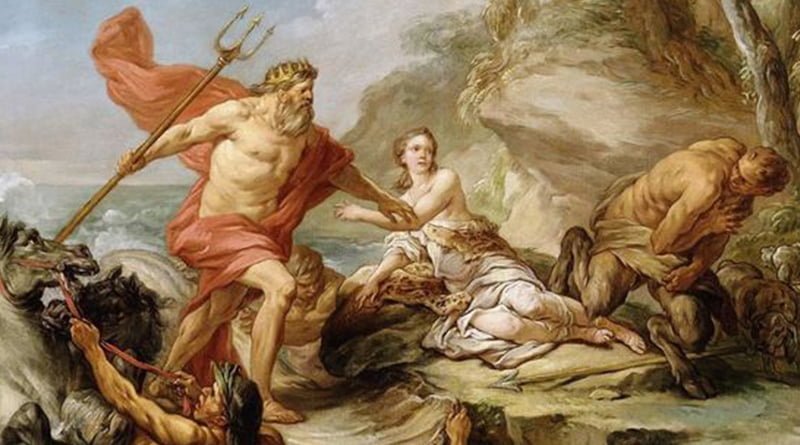Chronos, Kairos and Aion are the three deities of time, events and epic destinies. Here is the multi-religious and multicultural calendar!
Find us on our website Mythology and Legend, on Facebook and on instagram !

The schedule in brief from D-2 to D+5
- 14 July 2024, Every day: Nachi no hi matsuri
- July 17, 2024, : Gion Matsuri
- 19 July 2024, Daily: Kumagaya Uchiwa Masturi
- July 19, 2024, : Lucaria
The complete interactive calendar
Semaine du 2024-07-22
| Mymonday | Killtuesday | Wednesdaywednesday | ThuThursday | Frifriday | Satsaturday | Sunsunday |
|---|---|---|---|---|---|---|
Jul 22, '24July 22, 2024 |
Jul 23, '24July 23, 2024●(1 event) NeptunaliaJuly 23, 2024  On this day, the Romans celebrated the Neptunalia in honor of Neptune. They built arbors of green wood to get shade and they sacrificed a bull. This made it possible to avoid too big a heat wave. #mythology #myth #legend #calendar #July 23 #rome #neptune |
Jul 24, '24July 24, 2024●(1 event) Tenjin MatsuriJuly 24, 2024  Today, in Osaka, Japan, Tenjin matsuri takes place. It'is a festival under the protection of the Tenmangu Shrine dedicated to Sugawara no Michizane, the god of studies and the arts, who was a scholar and politician of the Heian period in Japan. #mythology #myth #legend #calendar #July 24 #osaka #japan #tejinmatsuri |
Jul 25, '24July 25, 2024●(1 event) FurrinaliaJuly 25, 2024  On this day, the Romans celebrated the Furrinalia. The origins of the festival and the goddess were already unclear during the Republic of Rome. #mythology #myth #legend #calendar #25July #rome #furrinalia | Jul 26, '24July 26, 2024 | Jul 27, '24July 27, 2024 | Jul 28, '24July 28, 2024 |
Multicultural and multi-religious almanac
An almanac is a calendar showing the main dates of the calendar, the religious holidays, bearing ephemerides such as the phases of the moon or the duration of the days (lunar and solar calendars).
A calendar is a system for marking dates according to time. Such a system was invented by men to divide and organize time over long periods. The observation of the periodic phenomena of the environment in which they lived — such as the daily movement of the shadow, the return of the seasons or the lunar cycle — served as the first references for organizing the agricultural, social and religious life of societies.
The calendar used today in most of the world is the Gregorian calendar. In everyday language, an ephemeris designates what happens daily; the ephemeris of the day is the list of the significant events of this day.